Despite the ancient history (the town was founded back in 28-29 BC), Turin has never been popular with tourists. Italy is visited annually by millions of foreign guests, but they are interested in completely different places: Rome, Venice, Florence, Milan. Even ski lovers who come to the nearby resort villages (Bardonecchia, Sestriere, Sauze d'Oulx) rarely set aside a day to visit Turin. About 80% of the "guests of the city" come here on business, and not to relax and have fun. Having received the right to host the Olympic Games, the authorities of Turin decided to use this chance to achieve an important goal: the city should get rid of the image of the “Italian Detroit” and become an attractive destination for tourists. Italy has already hosted the White Olympics in 1956, and thanks to this event, the resort of Cortina d'Ampezzo has gained worldwide fame. But the people of Turin also seem to like the experience of Barcelona: the Catalans used the Games in 1992 very effectively, drawing the attention of the whole world to their unique cultural and historical heritage.
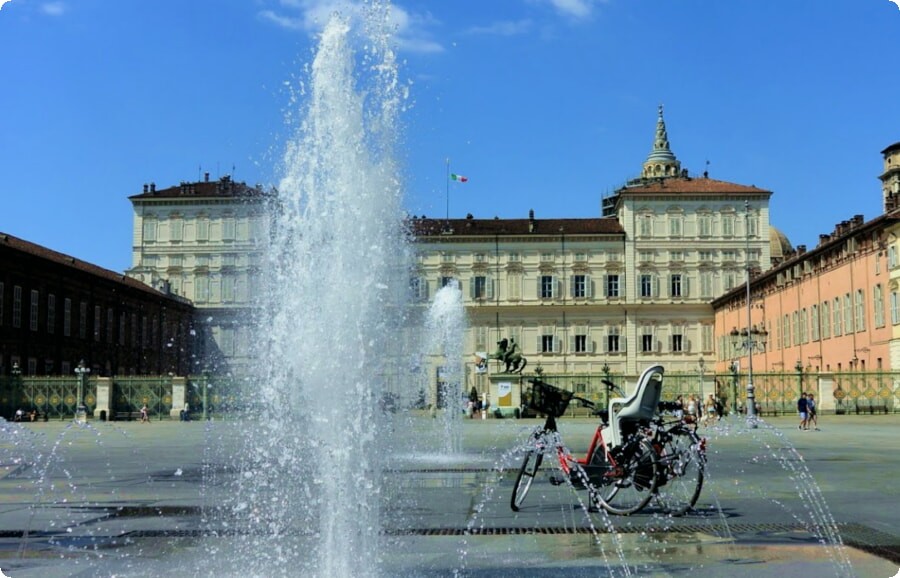
Those who like to travel by car usually book their car in Italy online in advance. Rates may vary by season, length of rental, and additional specials available. You can also choose a hotel in Turin online at the best price. NH Torino Lingotto Congress can be booked from 85 euros per night.
Earlier Turin did not impress the guests too hard. Take at least such an attraction as the local chapel. One of the most famous Christian relics is kept there - the shroud, where, according to legend, the body of Christ was dressed after he was taken down from the cross. It allegedly shows the imprint of the body of the crucified Savior with wounds and bruises that were left by the crown of thorns. True, experts say that the shroud is just a medieval fake. Nevertheless, the interest of believers has always been great. The problem is that the Shroud of Turin is put on display only once every quarter of a century. The last time this happened was in the summer of 2000. Then the pilgrims lined up for many kilometers to see the shrine. But the representatives of the church refused to arrange an extraordinary show during the Olympics, and even the most high-ranking guests will not be made an exception.
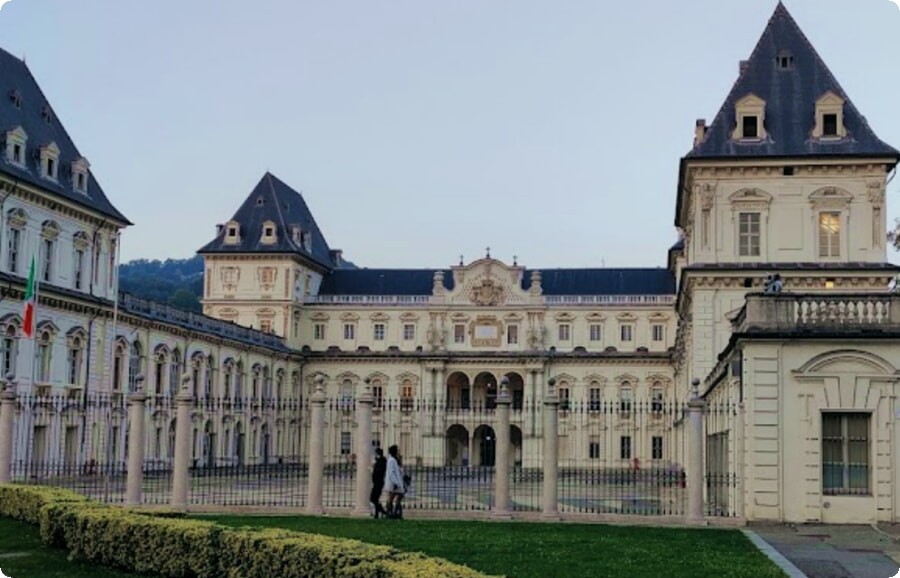
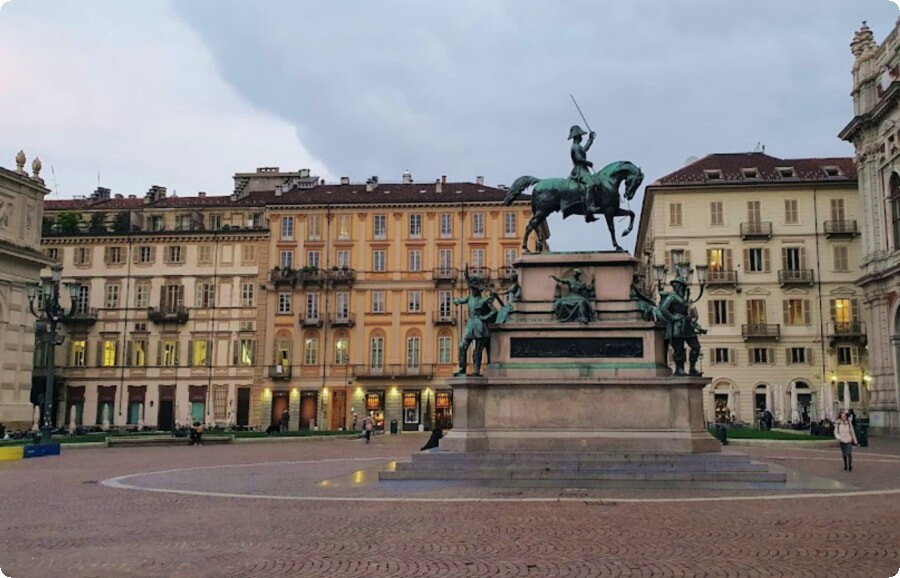
There are more accessible sights in the city, and in general Turin (with the exception of the dull industrial quarters) is a rather beautiful city. The historical part is especially good, where the medieval palace of Palazzo Madama is located with a facade and stairs by the famous architect Filippo Yuvarra and Palazzo Reale (the Royal Palace - once the residence of the Savoy dynasty). Car lovers will find a lot of curiosities in the specialized museum. Those who are interested in antiquities will not miss one of the best collections of ancient Egyptian treasures in Europe. And the tower of Mole Antonelliana, which is the hallmark of Turin, houses the famous Film Museum, created with the help of British director Peter Greenaway.
Turin is also interesting because it is not like most Italian cities. It is not by chance that it is called the Italian Paris: instead of narrow crooked streets - wide and straight boulevards, a special atmosphere in numerous cafes (some of them have more than 100 years of history). By the way, Piedmont is rightfully proud of its cuisine - one of the best in Italy and developed under the noticeable influence of the French tradition.
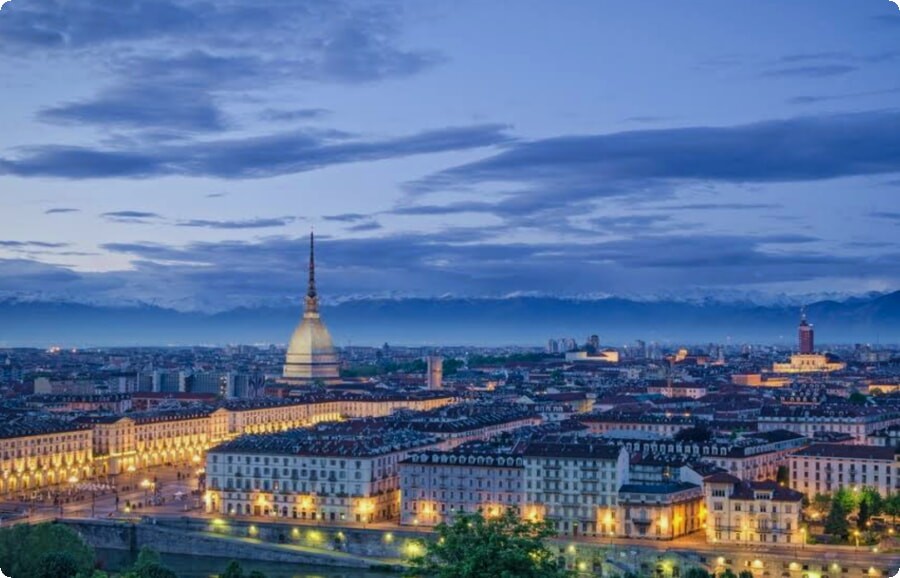
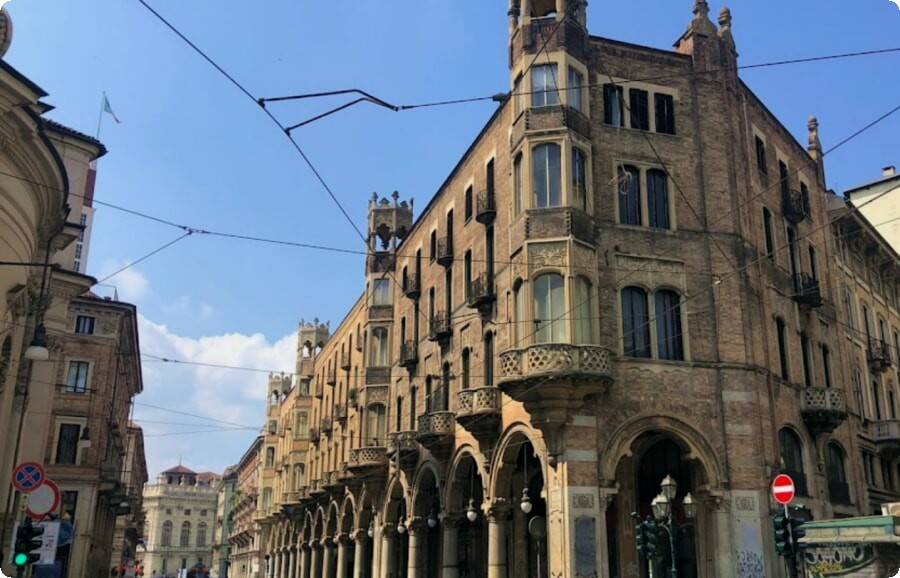
A large share of the funds allocated for the preparation for the Olympics went to the improvement of the city. In particular, the first metro line, the main long-term construction of Turin, was finally laid recently (the project was started 30 years ago). The work cost 650 million euros. Buildings and squares in the city center were restored, new hotels were opened, the local airport was updated, many sports facilities were converted and built, including three Olympic villages - in Turin itself, as well as in Bardonecchia and Sestriere.
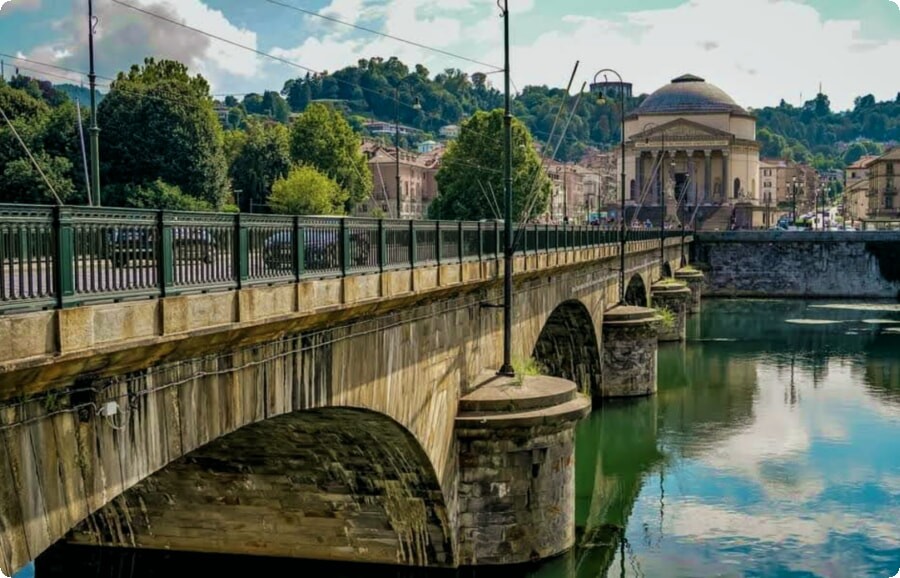
Turin also has its own Olympic goals. The world knows about the existence of this city mainly thanks to the Juventus football club and the automotive giant Fiat. Even the name of the concern was once deciphered as Fabbrica Italiana Automobili Torino. The city's economy and its population of 900,000 have been dependent on the company's success for several decades. But recently, this dependence does not benefit Turin. For many years now, Fiat has been in a difficult financial situation. The company's CEO, Sergio Marchionne, has cut half of Italy's jobs during his reign. Only in the last quarter of last year did light appear at the end of the tunnel: Fiat Auto's key division posted its first quarterly profit in almost five years: 21 million euros.